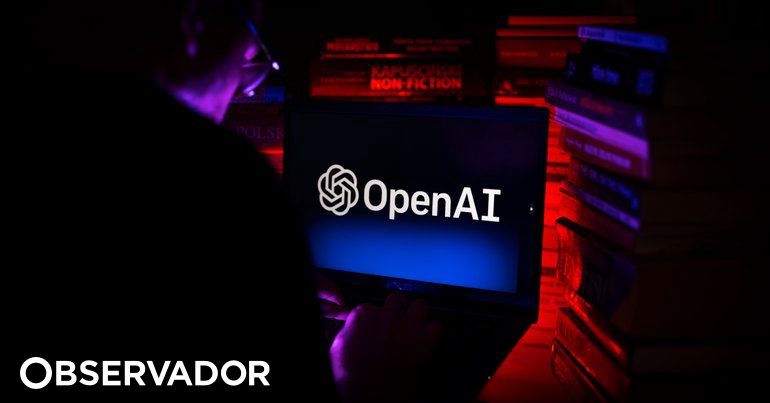
Japanese writer Rie Kudan, 33, this week won the Akutagawa Prize, one of the most prestigious in Japan, for best work of fiction written by a young author. Afterwards, she publicly acknowledged that to write part of the award-winning novel she had the help of artificial intelligence.
In a press conference, according to CNN, Rie Kudan said that around 5% of the book The Tokyo Tower of Sympathywhich takes place in a futuristic Tokyo city where artificial intelligence is part of everyday life, It was generated, word for word, by ChatGPT, from OpenAI technology.
I intend to continue to profit from the use of AI in writing my novels, while at the same time letting my creativity express itself to the fullest”, said the writer.
Rie Kudan also revealed that she uses ChatGPT to get answers about the problems in her life that she feels she can’t tell anyone about. “When the artificial intelligence didn’t say what I expected, sometimes it reflected my thoughts in the main character’s lines,” she said, realizing that some of the responses from the chatbot from OpenAI inspired dialogues in the book.
The novel was considered by the jury to be “practically perfect” and, according to The New York Post, it follows an architect named Sara Makina, who is building a rehabilitation center for criminals, and Takuto, a young man who is writing his biography. Shuichi Yoshida, one of the jurors, described the novel to The Times as a “very entertaining and interesting work, which raises debate about how to classify it”.
In turn, writer Keiichiro Hirano, who is also a member of the award committee, turned to social media to say that he did not see the use of artificial intelligence as a problem: “I am sure there will be problems with this type of use [da inteligência artificial] in the future, but that is not the case for The Tokyo Tower of Sympathy. This did not pose a problem.”
It seems that the story that Rie Kudan’s award-winning work was written using generative AI (“about 5% of the text is original”) has been misunderstood and has taken on a life of its own, but as you’ll understand if you read it, It’s about the appearance of AI, and it’s not like it’s mixed up in a way that you can’t tell where it was used in the original text. That’s how you use it…
— Keiichiro Hirano (@hiranok) January 18, 2024
Source: https://observador.pt/2024/01/19/vencedora-de-prestigiado-premio-literario-japones-reconhece-que-inteligencia-artificial-a-ajudou-a-escrever-parte-do-livro/

